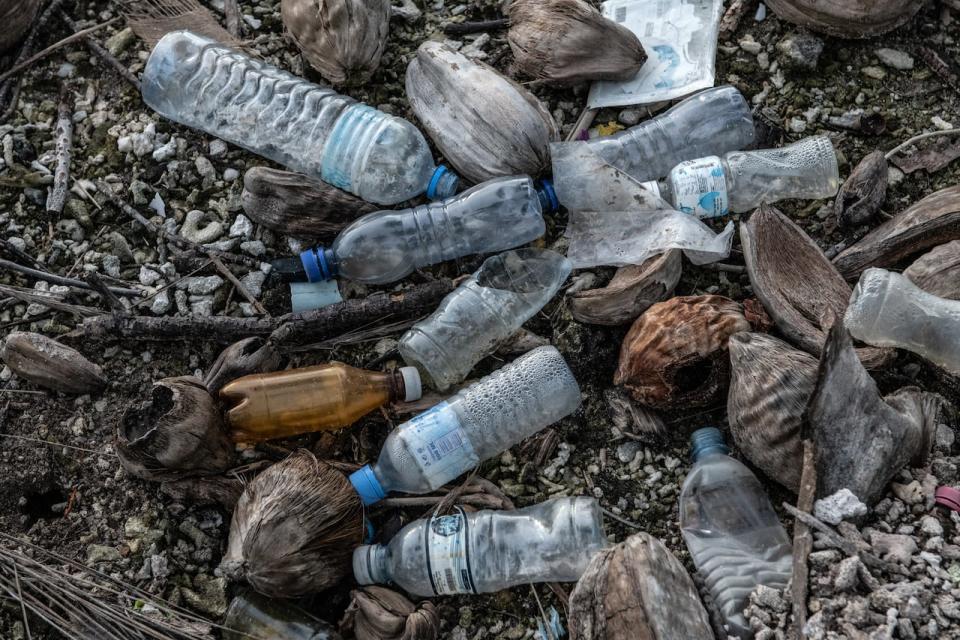Federal government launches consultations on a national plastics registry

The federal government is looking into creating a national plastics registry that would track the lifecycle of plastic items in the economy.
Environment Minister Steven Guilbeault announced Tuesday that Ottawa has launched public consultations to gather input on how such a registry could work.
"Canadians are demanding action to tackle the plastic waste and pollution crisis, and the federal government will continue to act. The federal plastics registry is an important tool that will help track and manage plastics across the economy," Guilbeault said in a press release.
Such a registry would require producers to report how much plastic they are putting on the Canadian market and how it is handled when it is no longer in use, the press release said. It would cover a broad range of plastic items, including single-use plastics and items used in packaging, home appliances and electronics.

A national plastics registry would would require producers to report how much plastic they are putting on the Canadian market and how it is handled when it is no longer in use. (Carl Court/Getty Images)
The registry would help the government measure its progress toward reducing plastic waste, the press release said.
Provinces and territories currently have similar programs in place but data collection is inconsistent across jurisdictions, says a technical paper published by Environment Canada in April.
"A federal plastic registry would standardize the data that is collected on provincial and territorial … programs and provide useful information for stakeholders, government and Canadians," the paper says.
The registry is part of the federal government's overall effort to reduce plastic waste in Canada. That effort was dealt a blow in November when a judge struck down a key policy upholding a ban on single-use plastics. Ottawa says it's appealing that decision.
Consultations on the registry close on February 13.


